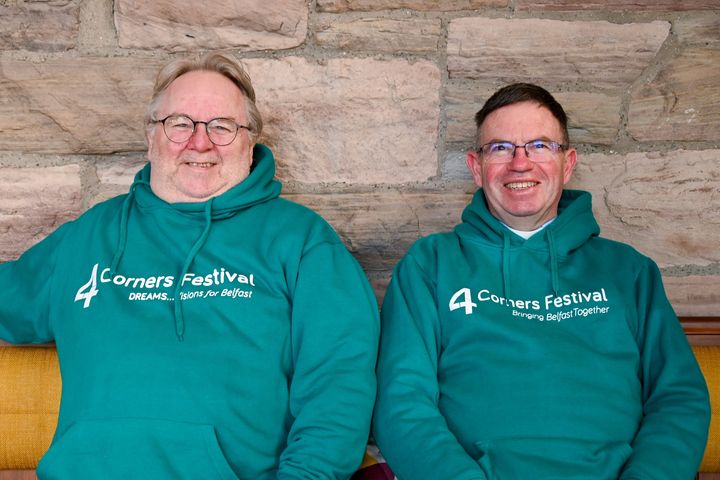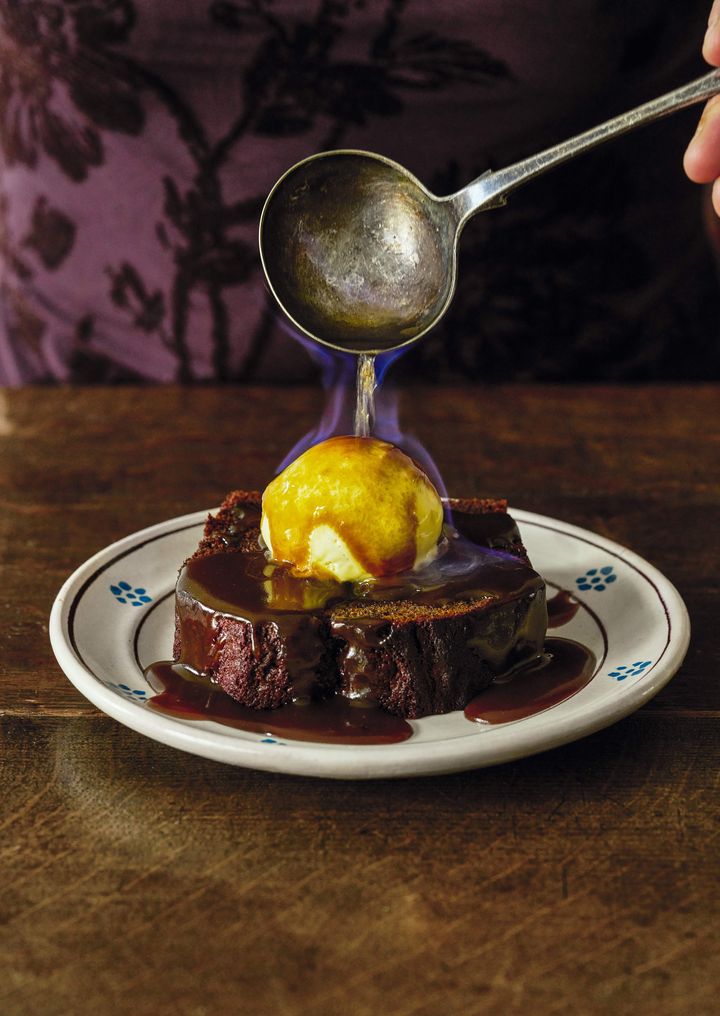In the largest prospective study to date examining the use of chimeric antigen receptor (CAR)-T therapy in a community setting on an outpatient basis, patients with relapsed or refractory large B-cell lymphoma (LBCL) responded well to treatment with few serious side effects, according to results published in Blood Advances . LBCL is a cancer affecting B lymphocytes, a type of white blood cell. It can progress rapidly and is fatal if untreated, although most forms of LBCL respond well to standard cancer medications.
For those patients who do not see their cancer eradicated with standard treatments (refractory) or who see their cancer return after an initial response (relapsed), CAR-T therapy can be an effective treatment option. In CAR-T therapy, a patient's own immune cells are removed, genetically altered, and then infused back into the body to attack and kill lymphoma cells. Pursuing CAR-T therapy can be challenging for patients and caregivers who may have to take time off from work and find temporary accommodations far from home.
CAR-T therapy comes with unique and potentially serious side effects, such as cytokine release syndrome (CRS), characterized by fever, low blood pressure , and/or low oxygen levels , and damage to the brain (neurotoxicity). Patients require close monitoring and are often hospitalized for observation after treatment and advised to stay within one hour of the hospital where they received the treatment. According to Yuliya Linhares, MD, chief of the .


















